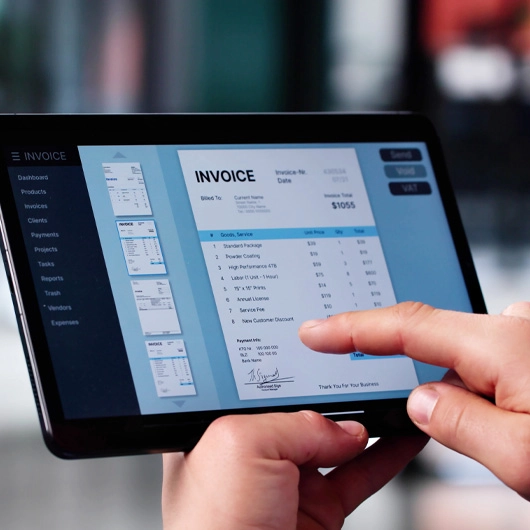Building Strategic Relationships with Your Suppliers
Building Strategic Relationships with Your Suppliers
If the past five years have taught us anything, it’s that reliable suppliers are worth their weight in gold. Having seen (or experienced) the harm supply chain disruptions can inflict on companies, many business leaders are now squarely focused on fortifying their supply chains. These efforts require shoring up not only the support they receive from their supply partners, but also the support they give them.
The customer-supplier relationship is, after all, a collaboration — a partnership dedicated to mutual success. When you build that partnership on trust, respect, integrity and open communication, you position it to stand the test of time, through good times and bad. The advantages for your company can include business continuity, improved financial performance, greater operational efficiency and a stronger competitive position.
Here are some tips for building relationships that last.
Share your goals and expectations — and understand theirs
The more a supplier knows about your business, the better they can serve your needs and identify areas where they can add value. Introduce them to the people on your team they will be working with. Describe the type of customers you serve, along with their priorities. Explain how your company has, and will continue to, evolve in the marketplace. Share your criteria for an ideal partner.
Then ask them to do the same — to share as much about their business, people, processes, workflows and sources as they’d like — so that you understand how you can be a supportive partner as well.
Once you’ve discussed how both parties see your relationship working, draw up an agreement to limit any misunderstandings along the way. Each of you should feel free to suggest points to be included; here are some items to help get you started:
- Products you plan to purchase
- Delivery parameters
- Price
- Payment terms
- Any minimum order quantities
- Warranties
As time passes and your needs evolve, it’s important to review your supplier agreements to incorporate any changes and ensure both parties continue to uphold their commitments.
Appreciate the value they bring
While price is likely to influence your choice of vendors, it should never be the only consideration. Consider the value each supply partner brings to your business. Is their product or service quality superior to that of other suppliers? Are they there for you when you have a special need or request? Do they exceed your expectations related to reliability, consistency, service, customization, delivery, corporate responsibility, etc.? If you find yourself answering “yes, yes, yes,” then you know you’re on the right track investing in this partnership.
Pay them on time
The most important part of your side of the agreement is paying for the goods. As you set up your payment schedule, remember that, just like your company, your supplier company relies on strong cash flow. You support them when you pay on time. Plus, you may be able to set terms so that you get a discount if you pay early.
Because your consistent on-time payments are a clear demonstration of your commitment to the partnership, your supply partner may be more likely to cut you some slack in the event your business ever runs into a cash flow issue that compromises your ability to pay an invoice on time. Should you ever find yourself in that position, let the supplier know as soon as you recognize there’s an issue — ideally, well before the invoice is due — and commit to a date when you will be able to pay.
Put the right people on the job
Depending on the size of your business, it may make sense for you to designate a supplier relationship manager or team to oversee your supplier partnerships. In addition to knowing the ins and outs of procurement, these representatives need to understand your goals related to each partnership and commit to nurturing them. Respect and open communication are key.
Communicate clearly and frequently
Your suppliers can serve you better when they know what’s happening in your business, including personnel changes that may affect their communication practices or workflows, large orders coming down the pike, or budget tightening that could temporarily limit how much you can buy. Likewise, you’ll want to know when they may be challenged to deliver on time or when they may need to make a substitute. Open lines of communication are essential to ongoing understanding and prompt resolution of any hiccups or disagreements.
Those open lines become even more crucial in the face of broader difficulties or crises. Should a significant supply chain disruption arise, for example, you want your supply partner to feel comfortable picking up the phone to tell you about it early on so you can work together on a solution that will minimize any negative impacts.
This article is for general information purposes only and is not intended to provide legal, tax, accounting or financial advice. Any reliance on the information herein is solely and exclusively at your own risk and you are urged to do your own independent research. To the extent information herein references an outside resource or Internet site, Dollar Bank is not responsible for information, products or services obtained from outside sources and Dollar Bank will not be liable for any damages that may result from your access to outside resources. As always, please consult your own counsel, accountant, or other advisor regarding your specific situation.
Posted: October 01, 2025




